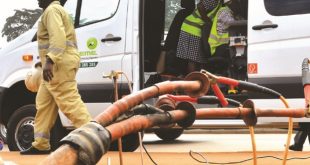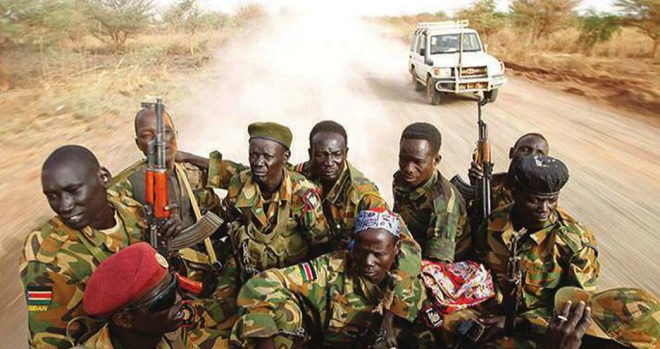Victory casts spotlight on effectiveness of 20-year long gender affirmative action agenda
ANALYSIS:
On May 02, Kamuli district woman legislator, Rebecca Alitwala Kadaga won endorsement from her party to contest for Speakership of the incoming 10th parliament. Kadaga, who has been speaker of the out-going parliament, fought a bruising battle with her deputy, Jacob Oulanyah. Kadaga’s campaigning on the `women’s ticket’ has since put the gender affirmative action agenda under scrutiny.
Miria Matembe, a woman activist and former Member of Parliament, says while she supports Kadaga for speaker again, her strategy of saying she should be favoured because she’s a woman only shows that not enough progress has been made as regards the much promoted women emancipation drive.
“Kadaga has been in high positions including being a minister, deputy speaker and speaker. She can’t be campaigning like that,” Matembe told The Independent, “In any case she shouldn’t have stood on the affirmative action. She’s already strong enough.”
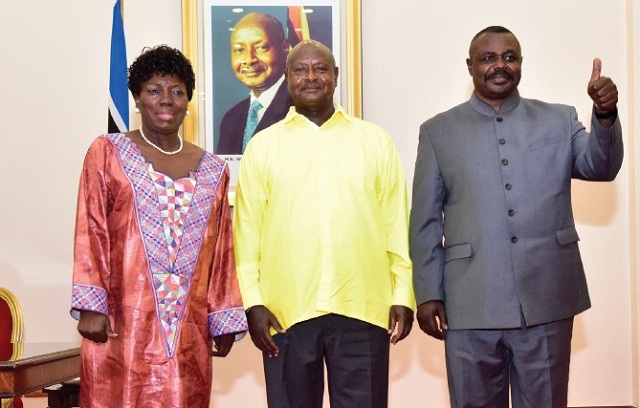
Matembe explained that the intention of creating the district woman MP slot in 1995 was to enable women enter politics; learn how to juggle and then go ahead to take on men in the direct seat slot. Meanwhile other new women would come on the affirmative action ticket. This would create space for more women to join parliament.
But, more than 20 years after the affirmative action slot was instituted, only 19 women will be joining the 10th parliament through the direct slot. The rest are on the affirmative action slot. As a result, only 39% of the over 400 MPs are women. This is a very small number compared to other countries in the East African Region like Rwanda where 64% of the parliamentarians are women.
Prof. Edward Kirumira, the Principal School of Humanities and Social Sciences at Makerere University says the affirmative action loses meaning when it is always the same women occupying the same seat. He says the intention was for it to offer a rotational a chance to more women to participate.
“Quotas may not be a bad idea but the question is whether people take advantage of them. These days they choose those who will more easily accept the hegemony of their leaders who are mostly men,” he says.
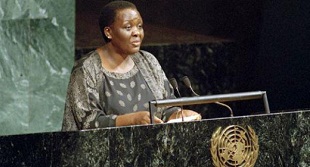
Kirumira’s comments tie-in with two policies that earned Uganda an award from the African Union (AU) in 2015; the affirmative action District Woman seat and the one third women representation on local councils. Uganda was praised as one of the countries on the continent leading others in women political empowerment.
Before that, Uganda became the first country on the African continent to have a female vice president in Dr. Speciosa Wandera Kazibwe. It is also one of the few African countries that have had women in key ministries such as Maria Kiwanuka and Syda Bbumba who have been finance ministers, Irene Muloni heading the Ministry of Energy and Mineral Development, and Amelia Kyambadde as Minister for Trade and Industry.
Despite those achievements, Dr. Consolata Kabonesa, a lecturer of Gender Studies at Makerere University argues that affirmative action has not yet yielded much.
“If the affirmative action was erased now, woman wouldn’t make even 5% in parliament,” she told The Independent, “Even in parties, women join women wings focusing mainly on women issues than the mainstream positions.”
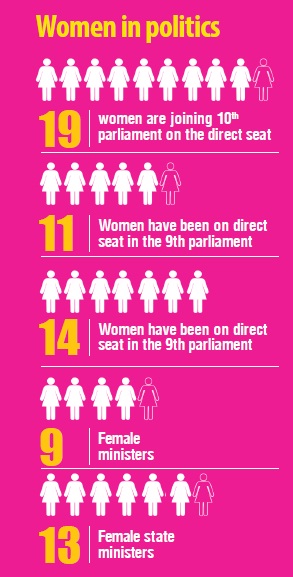
Would Kadaga survive?
Kadaga has been a member of parliament for most of her life, having joined the house in 1989. She was 33-years old then and will make 60 years on May 24; just five days after swearing in – again- as Kamuli District Woman MP. Over this time, Kadaga has risen through the ranks; from several ministerial positions to being a deputy speaker and eventually the speaker – the first woman in this position in the country.
Operating in a male dominated 9th parliament where woman were a paltry 35%, Kadaga came out as a tough leader who would not be intimidated or compromised. This came out strongly in 2013 when she went against the position of the NRM, where she was a second National Vice Chairperson, to allow MPs who had been expelled from the party to stay in parliament. Also, she presided over the passing of some controversial bills like the Anti-Homosexuality Bill which earned her the moniker of ‘human rights abuser’ by sections of local and international rights activists.
For most of the time, she came off as a defender of what the majority Ugandans wanted. As a result, some people started speculating that she was `presidential material’. An opinion poll released by Research World International (RWI) in 2012, just a year after the 9th parliament commenced, showed most respondents favoring Kadaga for president if the election was held then. At the time, Kadaga was in the news for her handling of the controversial oil bills debate. In another RWI poll released in 2014, 13% of respondents surveyed said they would vote Kadaga if she stood for presidency in 2016. Gen. Mugisha Muntu who is president of the biggest opposition party, FDC, was favored by 8% and eventual independent presidential candidate, Amama Mbabazi, got 6%.
Because of such a background, when Kadaga’s deputy, Jacob Oulanyah, first hinted on taking her on in the speakership race in the 10th parliament, pundits said Kadaga would whip the Omoro County legislator hands down.
Next order of business of the 10th Parliament is tomorrow when the Speaker and Deputy Speaker will be elected #10thParliamentSwearsIn
— Parliament Watch (@pwatchug) May 18, 2016
The order paper of the 1st sitting of the 10th Parliament scheduled for tomorrow 10:00 AM #PlenaryUg pic.twitter.com/6M0Im1jfpK
— Parliament Watch (@pwatchug) May 18, 2016
But Kadaga then showed a side of her that viewers were not used to. She became clearly uncomfortable with the challenge and resorted to appearing on different media platforms justifying why she deserves another term. One of the reasons she gave was that there was a plot to deny her the due 10-years “because I am a woman”.
Kadaga argued that women have been sidelined as all the top posts in government are occupied by men. Kadaga’s riding on the affirmative action for women ticket led to questions about why a trailblazer like her would retreat to the gender agenda when picking political cards. But it worked for her. Women activists and members of the Uganda Women Parliamentarians Association (UWOPA) pledged their support. Her challenger in the Kamuli Woman MP race, Deborah Mwesigwa, withdrew her voter bribing petition from the High Court in Jinja because, she said, she did not want to disrupt Kadaga’s speakership contest as a fellow woman.
But for critics, campaigning on being a woman for a person of Kadaga’s caliber is a sign that women are not yet confident enough to take on their male counterparts in the fight for high leadership positions.
 The Independent Uganda: You get the Truth we Pay the Price
The Independent Uganda: You get the Truth we Pay the Price


